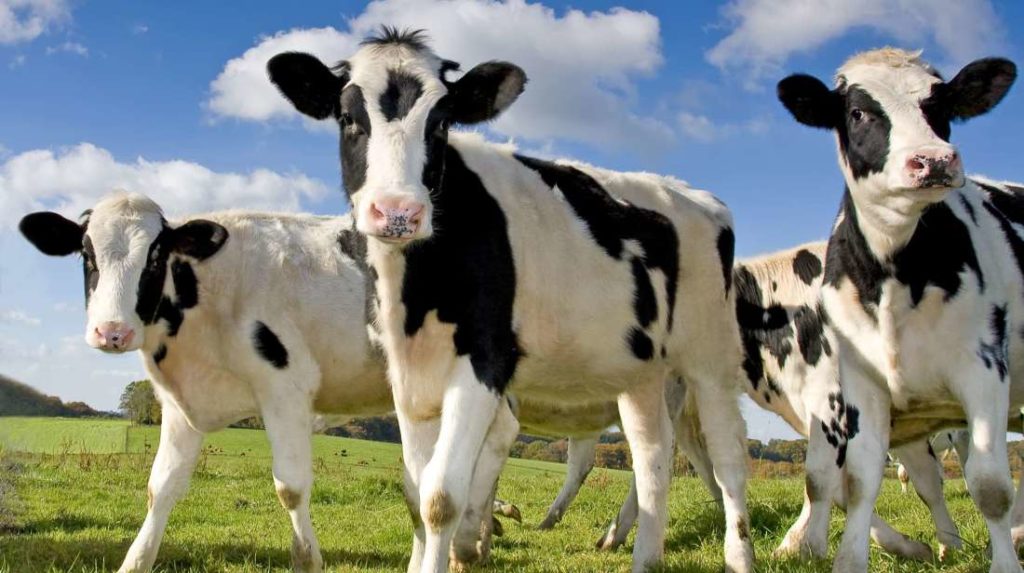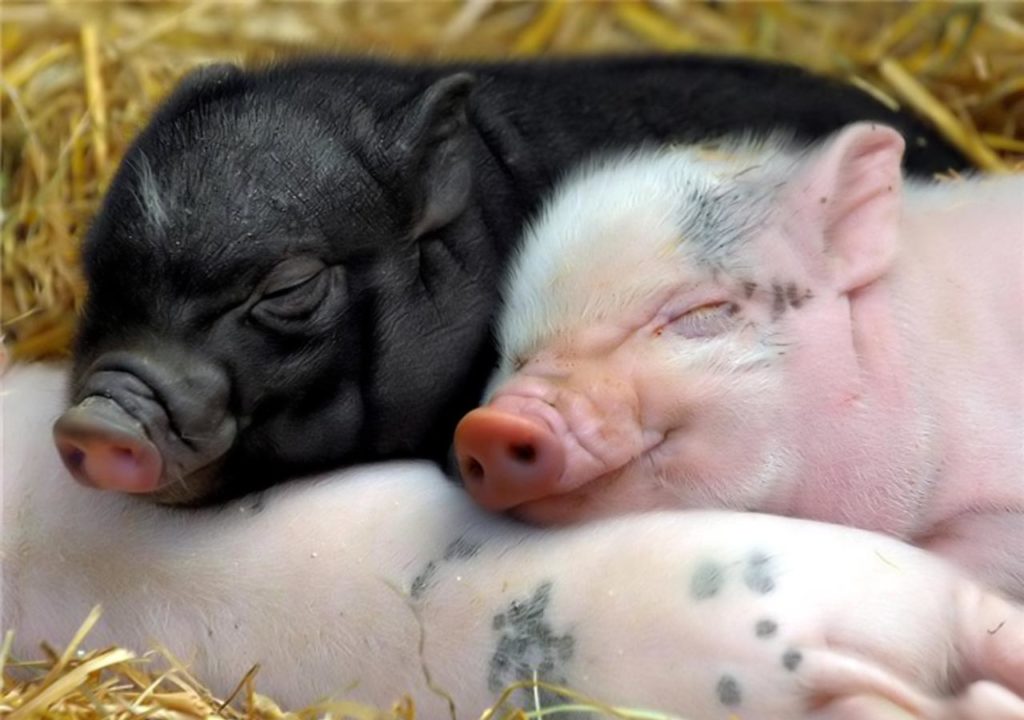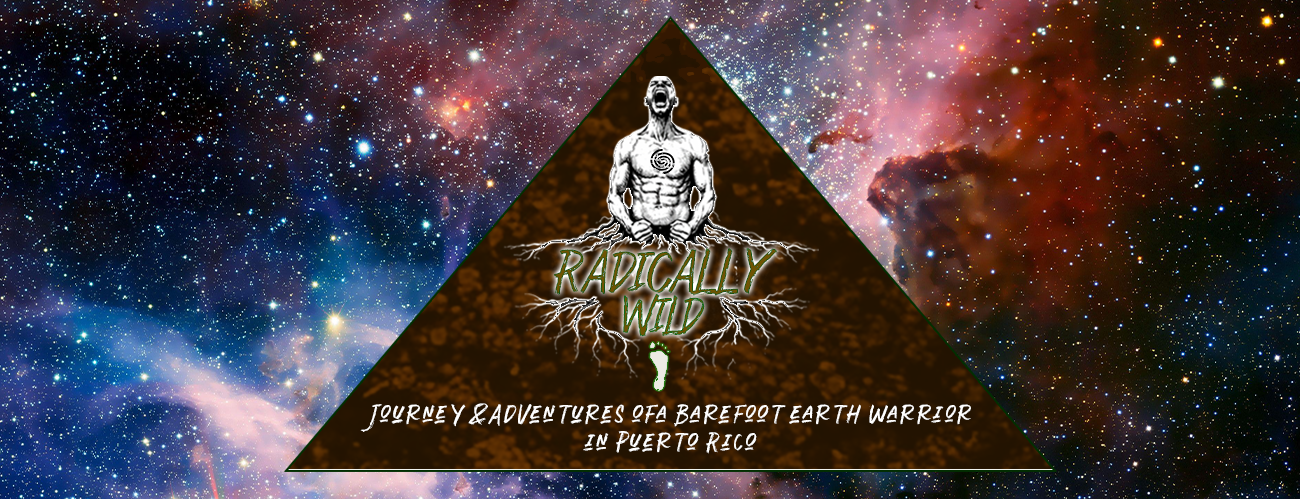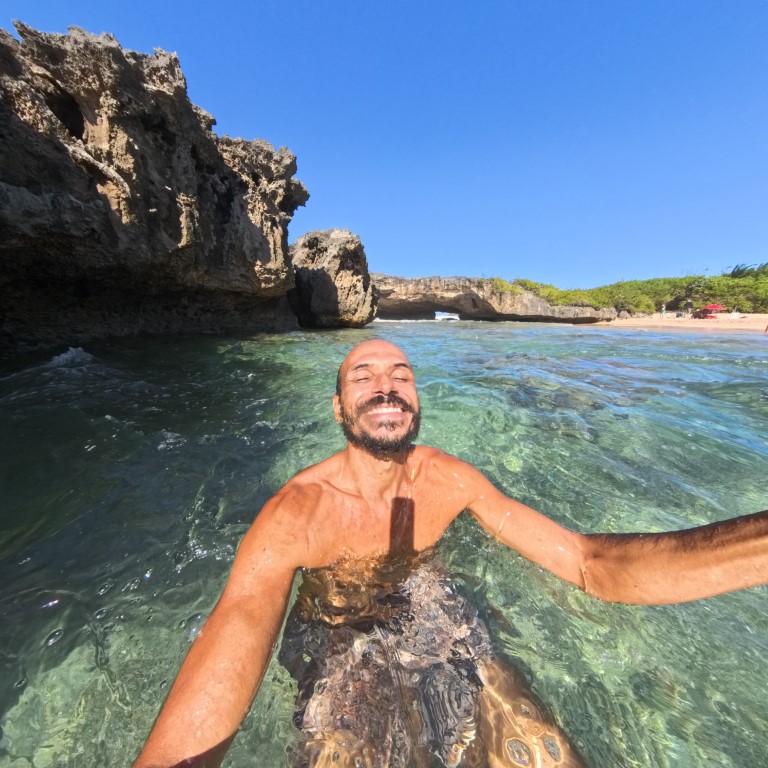Revised 3/15/2024
Welcome to another chapter of my journey to uncover the truth hidden beneath the layers of conformity. Every layer I shed brings me closer to the wild, untamed essence of who I am. In this chapter, we’ll explore how I came to question the food I was told to eat and the impact it had on the world around me. I’ll share the raw truths and lessons I learned in embracing a vegan lifestyle—not as a trend, but as a return to harmony with nature and all living beings.
This is the story of how I broke free from the norms of eating without thinking, finding deeper connection and compassion in the choices I make every day. Join me as we peel back another veil and step closer to the heart of what it means to live in alignment with the wild.
Over 8 years ago I began a journey to become a more conscientious human as I began to start to getting to know myself as my wild roots started to grow as connection to the natural world. I started to live a more conscious simple life I became an activist for the environment as I would go on becoming the guardian of the beaches and rivers of Puerto RIco (click here to read about that), I quit drinking alcohol, went barefoot and started disciplining myself and removing all the negative qualities about myself.
"My body will not be a tomb for other creatures."
leonardo da vinci
One of those negative qualities that I saw that had a negative impact not only on me, but the world and the species that inhabit it, was meat and dairy products. So over three years ago, in 2016 I decided to become vegan.
Watch these Documentaries on the meat industry on my site
First what does it mean to be a vegan?
A vegan (strict vegetarian) does not consume meat, dairy products, eggs, honey, or any product derived from an animal. A vegan diet can (and should) be full of a wide variety of delicious, nutritious foods, including vegetables, grains, nuts, legumes, seeds, and fruits. Vegans don’t wear leather, fur, silk, or wool. Many of us whom are vegan refuse to use products that are made with animal ingredients, such as products that are filtered using animal parts (such as some wines, beers, and white sugars), and products that have been tested on animals, thus one of the reasons why I went barefoot. Click here to read about that further.
"I have no doubt that it is a part of the destiny of the human race, in its gradual improvement, to leave off eating animals, as surely as the savage tribes have left off eating each other when they came in contact with the more civilized."
henry david thoreau
I was raised on the consumption of meat and dairy. Consequently, We have no choice in the matter as we go on conforming to eating meat and dairy and would go on living this way never questioning why. As a child and into my teens, I rarely ate vegetables.
I did become vegetarian at the age of 13 because I loved animals, however, that was short lived as my parents would continue to shove meat on my plate and so I continued eating meat.
Moreover, we go on and continue eating meat and dairy because our taste buds have conformed to the taste of it. I would go on to eat rare to medium steaks on a regular basis with an occasional salad on the side. Not questioning one thing as we would go on living in this world not questioning anything, not even questioning who we are.
Now here I find myself a vegan as I shifted my perspective on many things in my life. Now as I walk by the freezer aisle of a supermarket and I can see that people don't see life when they look at meat, where as all they see it as a piece of meat covered in plastic on a Styrofoam plate devoid of any feelings.
"Humans - who enslave, castrate, experiment on, and fillet other animals - have had an understandable penchant for pretending animals do not feel pain. A sharp distinction between humans and ‘animals’ is essential if we are to bend them to our will, make them work for us, wear them, eat them - without any disquieting tinges of guilt or regret. It is unseemly of us, who often behave so unfeeling toward other animals, to contend that only humans can suffer. The behavior of other animals renders such pretensions specious. They are just too much like us."
carl sagan
Reasons why I became vegan
Firstly, I became a vegan for the love of animals, for the love of all species. Have you ever looked into an animals eyes and noticed their beautiful soul? Many would not notice as many of us just choose to look the other way.
Furthermore, I could not kill or harm an animal so why would I eat it. Many people would not be able to kill or harm an animal, but they will gladly eat it up, as we won't care about the journey, the torture, the cruelty that it went through to get to that plate. However, if there was no food available, I would understand if you would need to kill an animal in order to survive as I believe that we should have connection with our food. But this is not the case now, as we really don't care about the animals or where it comes from which brings me to my next reason.
"A man can live and be healthy without killing animals for food; therefore, if he eats meat, he participates in taking animal life merely for the sake of his appetite. And to act so is immoral."
leo tolstoy
Ultimately the reason I chose to become vegan is because I respect life and don't directly or indirectly participate in the exploitation of life; By the same token, I also respect nature as we are nature, and cannot support industries that contribute to the destruction of our natural world
Animal cruelty and torture.

Another reason why I choose not to eat or buy animals products is because of the mass exploitation of animals. Mass produced for our consumption, in addition to living in deplorable conditions.
On today’s factory farms, animals are crammed by the thousands into filthy, windowless sheds and stuffed into wire cages, metal crates, and other torturous devices. These animals will never raise their families, root around in the soil, build nests, or do anything that is natural and important to them. Most animals won’t even feel the warmth of the sun on their backs or breathe fresh air until the day they’re loaded onto trucks headed for slaughterhouses.
Farmed animals are bred, fed, confined, and drugged to lay more eggs, birth more offspring, and die with more meat on their bones at the expense of their health, well being and social development.
The belief that eating eggs or drinking milk doesn’t kill animals is false. Commercially-raised dairy cows and egg-laying chickens, whether “free range” or factory-farmed, are slaughtered when their production rates decrease. The factory farm methods that are used to produce most meats are also used to produce eggs and milk. Animals are not seen as individuals, nor as sentient beings with unique physical and psychological needs, but as a means to an end- eggs, milk, meat, leather, and so on.
"You have just dined,and however scrupulously the slaughterhouse is concealed in the graceful distance of miles, there is complicity."
ralph waldo emerson
Sentient Beings
Such beautiful creatures such as cats and dogs, yet since we did not grow up eating them, they are seen only as our lovely pets. But if someone in another culture eats them, we find it disgusting. We call that Speciesism.
Chickens are very interesting animals as they are thought to be as intelligent as cats and dogs. They have cultural knowledge that is passed down from generation to generation and they learn from watching each other.
Pigs are insightful and curious and are thought to have intelligence beyond that of a 3-year-old human child. They are even smarter than dogs! Pigs are extremely friendly, loyal, and affectionate animals.

Cows are intelligent creatures who enjoy solving problems. Cows have been known to do some amazing things such as walking 7 miles to be reunited with a calf after being sold at auction, leaping over a 6-foot fence to escape a slaughterhouse, and swimming across a river to their freedom.
Turkeys are playful birds who enjoy being social and being in the company of others. They love having their feathers stroked and like to chirp, cluck, and gobble. They have tons of character and are very aware of their surroundings.
"Animals are my friends and I don’t eat my friends."
george bernard shaw

FOR THE ENVIRONMENT
Becoming an environmentalist, the choice was simple for me. If you care for the environment then you must become a vegan.
"Recognize meat for what it really is: the antibiotic- and pesticide-laden corpse of a tortured animal."
ingrid newkirk
Raising animals for food is an extremely inefficient way to feed the ever-growing human population. Animal agriculture uses up enormous quantities of fossil fuels, water, and other resources contributing greatly to global warming. They are filled with noxious fumes, dust, bacteria, and decaying feces, all of which they release into the environment. Animal wastes carry pesticides, bacteria, and viruses; the wastes pollute drinking water with high levels of nitrates which can potentially be fatal to infants.
Animal Agriculture and Global Warming
Global warming is an increase in the Earth's temperature caused by human activities, such as burning coal, oil, and natural gas. This releases carbon dioxide, methane, and other greenhouse gases into the atmosphere. Greenhouse gases form a blanket around the Earth, trapping heat and raising temperatures on the ground. This is steadily changing our climate.
The United Nations Food and Agriculture Organization reported in 2006 that “Livestock are one of the most significant contributors to today's most serious environmental problems.” Animal agriculture pollutes water, air, and soil and contributes more greenhouse gases than all cars and trucks in the world combined.
Animal Agriculture and Natural Resources
One acre of pasture produces an average of 165 pounds of beef; the same acre can produce 20,000 pounds of potatoes.
It takes 2,500 gallons of water to produce one pound of meat. Between 70-90% of all U.S. grain is fed to farmed animals bred and raised for slaughter.
The U.S. livestock population consumes enough grain and soybeans to feed more than 5 times the entire U.S. population.
The world’s cattle alone consume a quantity of food equal to the caloric needs of 8.7 billion people – more than the entire human population on earth.
If Americans reduced their meat consumption by 10%, it would free 12 million tons of grain annually for human consumption. That alone would be enough to feed each of the 60 million people who starve to death each year.
87% of all agricultural land in the U.S. is used to raise animals for food.
About 260 million acres of U.S. forest have been cleared to create cropland to produce our meat-centered diet.
Producing one hamburger uses enough fossil fuel to drive a small car 20 miles.
Nearly 40% of all Central American rain forests were destroyed. The rain forests are the primary source of oxygen for the entire planet.
55 square feet of rain forest may be razed to produce just one quarter-pound burger.
- Environmental Damage Caused by Factory Farms
- Habitat loss
- Biodiversity loss
- Ecosystem damage and destruction
- Growth of pathogenic organisms
- Rangeland degradation
- Topsoil erosion
- Global warming
- Formation of noxious oxide
- Release of large quantities of methane
- Ammonia emissions
- Spreading of nitrates in groundwater
- Crop contamination
- Groundwater contamination (because the soil cannot assimilate all of the animal waste)
- Wildlife killed by the government and by farm operators
"He who is cruel to animals becomes hard also in his dealings with men. We can judge the heart of a man by his treatment of animals."
immanuel kant
How do I feel after becoming vegan?
Ever since I became vegan, I feel wonderfully alive as I now feel more energized. Also, I feel great knowing that I am not consuming an animal just to satisfy a craving. I feel healthier and for those that don't know, another factor to consider in giving up meat and animal byproducts are for health reasons as it is much healthier as it could reduce heart disease among other things, but that was not one factor that I took account.
In al honesty, I enjoy cooking my vegan meals as I am more creative in the kitchen and get to try new things as I can add variety to all my meals. There are so many wonderful vegetables and so many wonderful combinations that we can come up with to create something beautifully delicious for our taste buds.
Lastly, There are many factors to choose to become a vegan. I hope others take these into consideration. I believe to change this world we need to start changing ourselves. Our perspectives in how we view things and remove the shackles of conformity.
I hope to inspire others and make them aware and more conscious of their decisions.
Do you care that the meat on your plate was tortured and lived in horrible conditions? Do you think you can happily kill an animal? please leave any comments or questions down below
Please share, subscribe to my monthly newsletter down below and follow me on social media @Radicallywild

